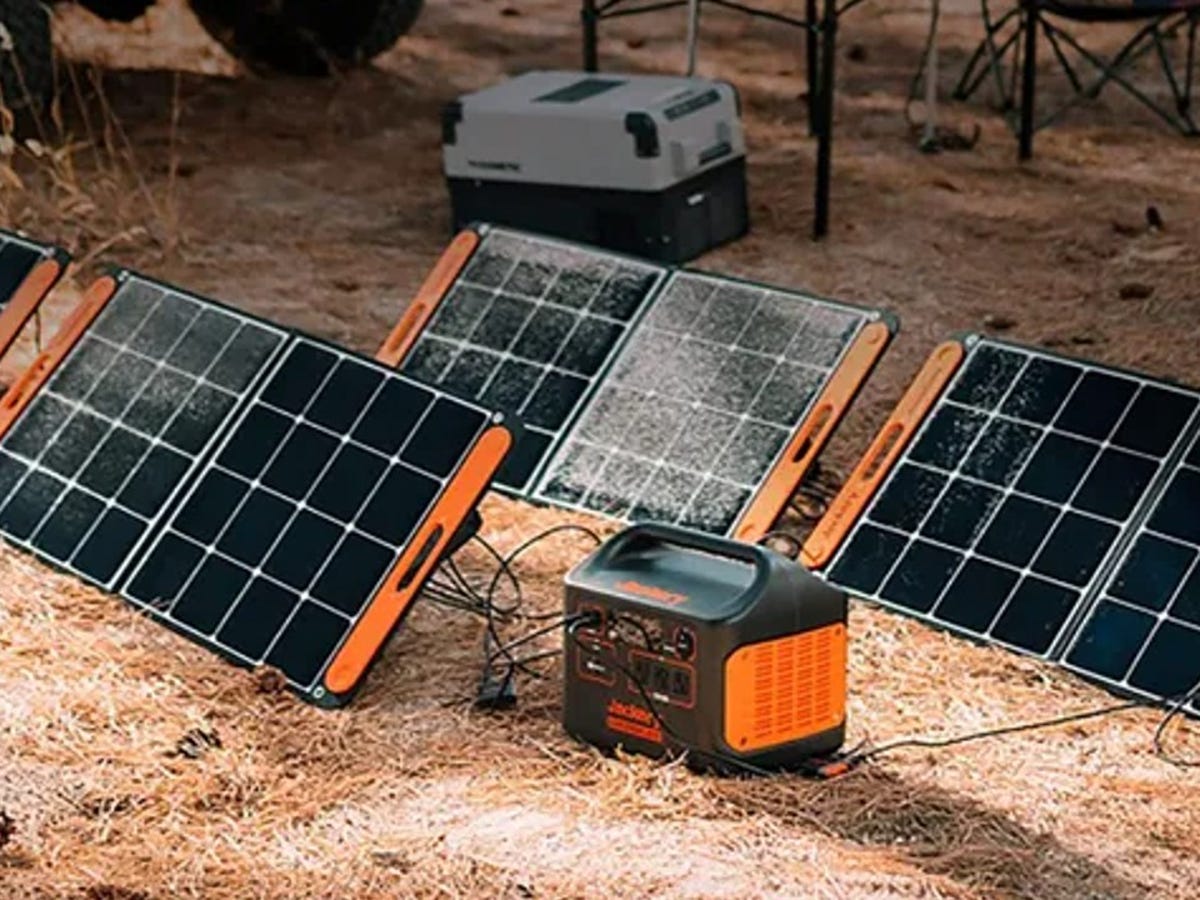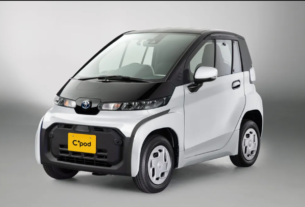Ghana, like many countries, faces challenges with frequent power outages that disrupt daily life and economic activities. However, there are several affordable alternative solutions to tackle this issue and ensure a more reliable power supply during blackouts.
- Solar Power: Ghana is blessed with abundant sunlight, making solar power a viable option. Installing solar panels on rooftops can provide a steady source of electricity, especially during daylight hours. While the initial investment might seem high, the long-term benefits outweigh the costs as solar systems require minimal maintenance and have no recurring fuel expenses.
- Portable Generators: Portable generators powered by gasoline or diesel can provide temporary electricity during outages. While they can be noisy and emit fumes, they are a practical solution for short-term power needs, especially in areas with intermittent power supply.
- Power Banks and Inverters: Power banks and inverters are increasingly popular for small-scale power backup. They store energy from the grid or other sources and provide power to essential appliances during outages. These systems are affordable, easy to install, and don’t produce noise or emissions.
- Microgrids: Community-based microgrids can be established to provide electricity to a group of households or businesses. By pooling resources, the cost of installation and maintenance can be shared, making it an economical solution.
- Wind Turbines: In regions with consistent wind patterns, small wind turbines can be a reliable source of renewable energy. They can complement solar power systems, ensuring a consistent energy supply day and night.
- Battery Swapping Systems: Some companies are exploring innovative solutions like battery swapping systems. Users can rent fully charged batteries from charging stations and exchange them when their own batteries are depleted.
In conclusion, Ghana has an array of affordable alternative solutions to combat power outages. A combination of solar power, portable generators, inverters, and energy-efficient practices can create a more resilient power supply system, ensuring a more stable and continuous source of electricity for homes and businesses alike.





